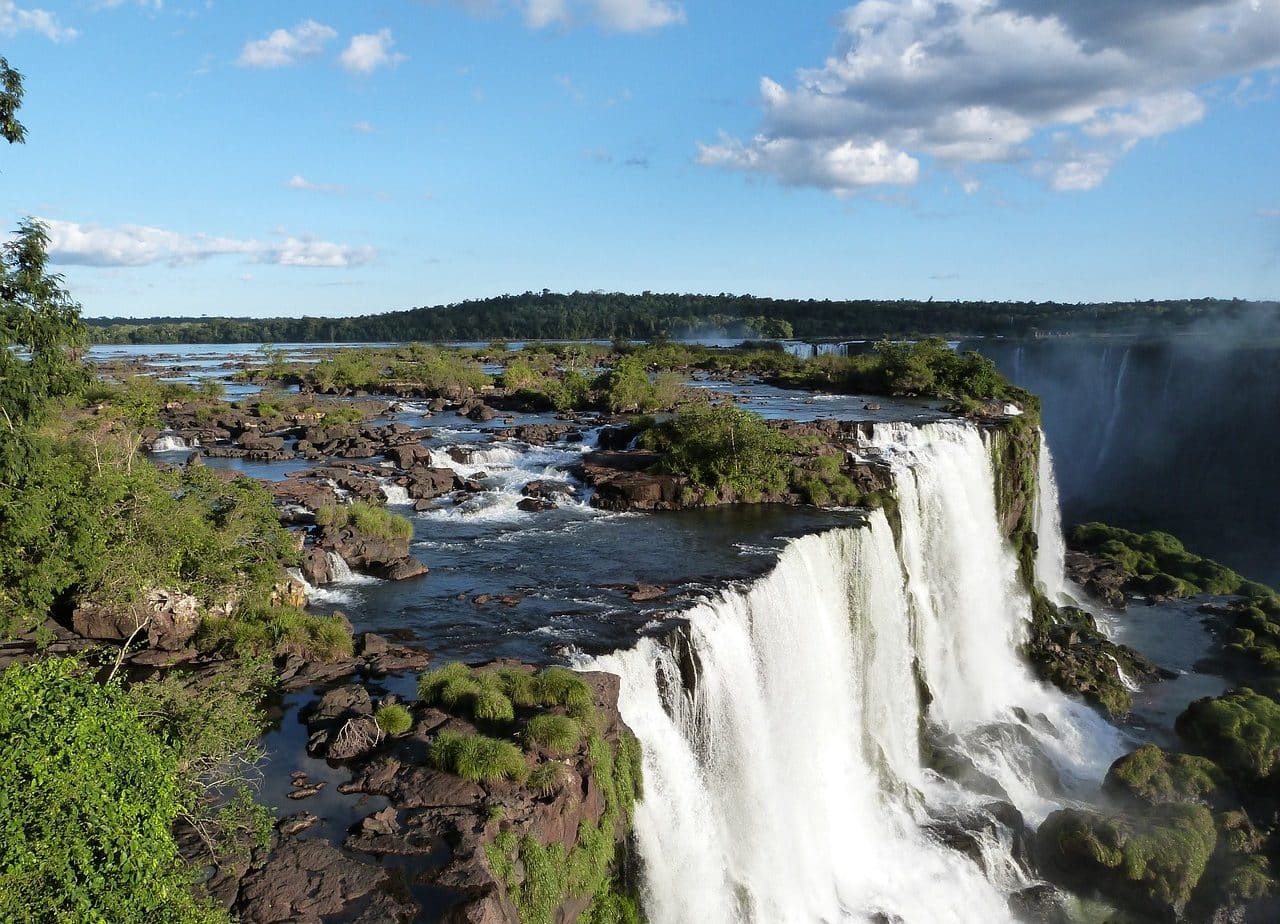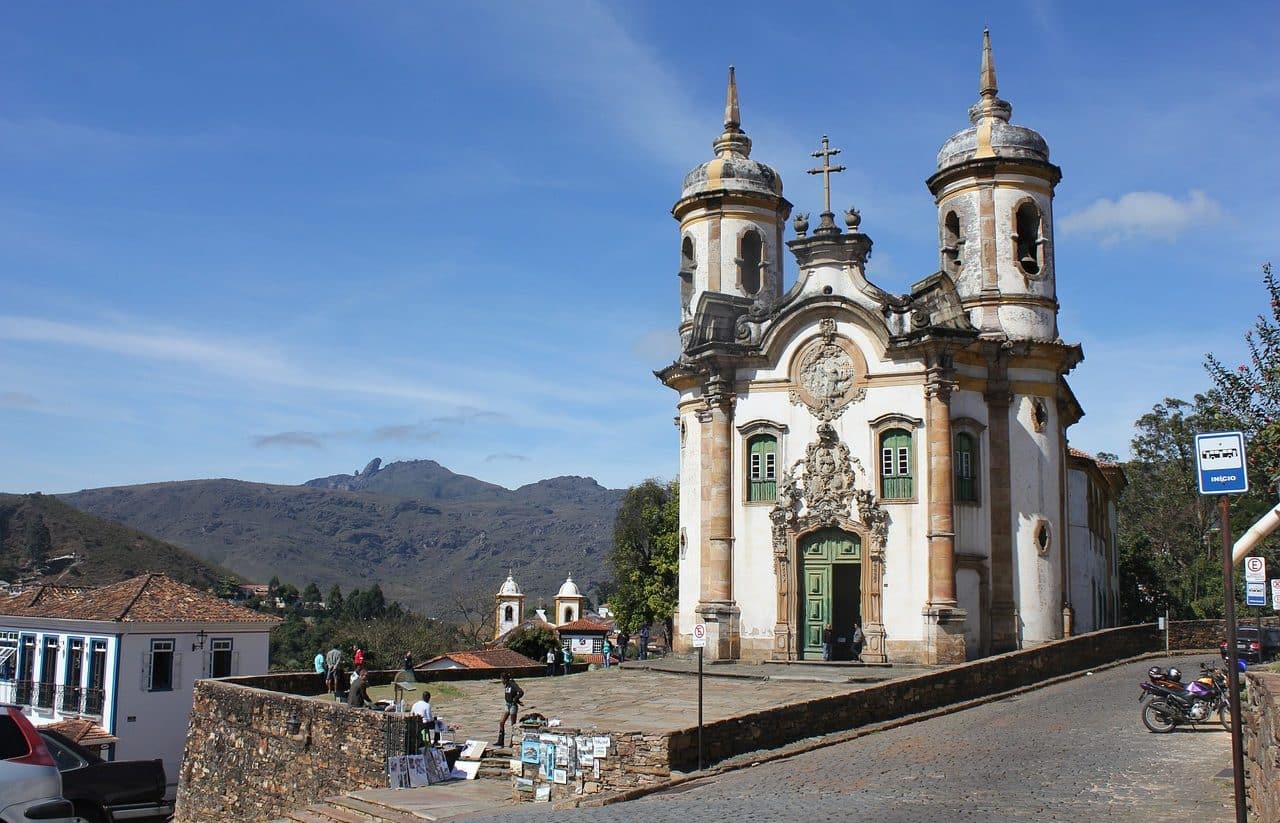
Traditional music is part of the cultural heritage.
Heritage is a term that comes from the Latin patrimonium and refers to the set of assets that belong to a person, whether natural or legal. The notion is usually used to name what is susceptible to economic estimation , although it can also be used symbolically .
In an economic sense, the assets of a person or company are made up of properties, vehicles, machinery, cash , etc. For example: "A five-year period of bad decisions has hit the family's assets hard," "The governor assured that his assets only consist of a house and an old car," "There are politicians who only seek to access power to increase his heritage .
The concept also has a meaning linked to inheritance and the rights acquired as members of a certain community or social group. Heritage, in this way, can be inherited through belonging to a family or a nation. In the latter case, it is possible to speak of a cultural or symbolic heritage : «Tango is a River Plate heritage that we must protect and disseminate» , «I do not understand why young people are fascinated by artistic manifestations that have nothing to do with our heritage. » .
Asset declaration
The data that public servants have the obligation to provide about the situation of their assets is known as the asset declaration . This procedure is carried out through the options offered by the Ministry of Public Administration or another similar organization, and is part of the obligations of any person who assumes a position of this nature.
It is possible to distinguish the following three types of asset declaration:
- Initial : occurs the first time a person joins the public service, if they resume their duties after 60 calendar days from the end of their last assignment or if they change entities or dependencies.
- Conclusion : at the conclusion of a public commission.
- Asset modification : to record changes in assets throughout the month of May, even if the initial declaration was made between the months of January and April of the same year.
With respect to the delivery times of each of the types of declaration just stated, as stipulated by the corresponding Administrative Responsibilities Law :
- Initial : must be done within 60 calendar days following the taking possession of the order.
- Conclusion : during the first 60 calendar days after the conclusion of the order.
- Asset modification : throughout the month of May of each year.

National parks and nature reserves help protect heritage linked to biodiversity.
How to declare assets
One of the ways to present the declaration of financial situation requires public servants to have an Internet connection to use a program specially designed for this purpose, which performs the following actions: collects the corresponding data from the person declarant; sends them virtually to the Ministry of Public Function; and returns a digital receipt to the public servant. It is worth mentioning that this procedure uses an electronic signature, which is why at no time is the sending of a document in physical format required.
There are other options, one of which allows you to download the program to carry out part of the procedure without an Internet connection, although it is necessary to finish it. Likewise, it is possible to proceed by traditional means, filling out a form by hand and delivering it in person.

Historic cities such as Sucre and Ouro Preto are part of the World Heritage Site preserved by UNESCO.
UNESCO preserved sites
The World Heritage Site , on the other hand, is made up of sites (buildings, cities, monuments, forests, mountains, lakes) that, due to their exceptional importance, deserve to be preserved for the common heritage of human beings. This list of places is prepared by the United Nations Educational, Scientific and Cultural Organization ( UNESCO ).
The Great Wall of China, Machu Picchu (Peru), the Palace of Versailles (France), the Acropolis of Athens , the historic center of Florence and the National Park and Iguazu Falls (Argentina) are part of the World Heritage Site.
Types of assets
Taking into account everything expressed, it is possible to recognize multiple types of heritage.
In the world heritage protected by UNESCO, a distinction can be made between natural heritage (such as the Galapagos Islands in Ecuador ) and cultural heritage (such as the city of Potosí in Bolivia ). Cultural heritage is a very broad set that can include everything from historical monuments to archaeological sites, including places with works of art. It even encompasses the notion of intangible heritage: oral traditions, social practices, folk dances, festivities, traditional gastronomy, etc.
Heritage management is very important so that these legacies that make up cultural identity and collective memory are not lost. That is why heritage legislation exists and there are various organizations that work for the restoration and conservation of heritage in danger.
As we already indicated, the notion of heritage can also refer to the rights, obligations, charges and assets that belong to a person, whether legal or natural. A company's assets may include buildings and machinery, for example, while an individual's assets may consist of real estate , a car, and a motorcycle.
